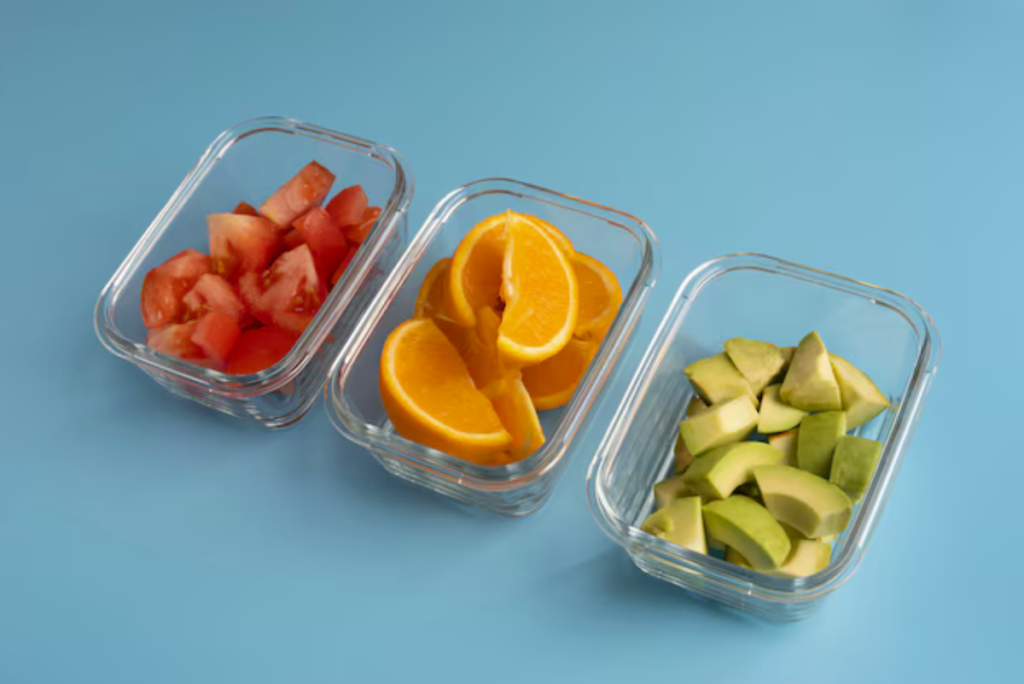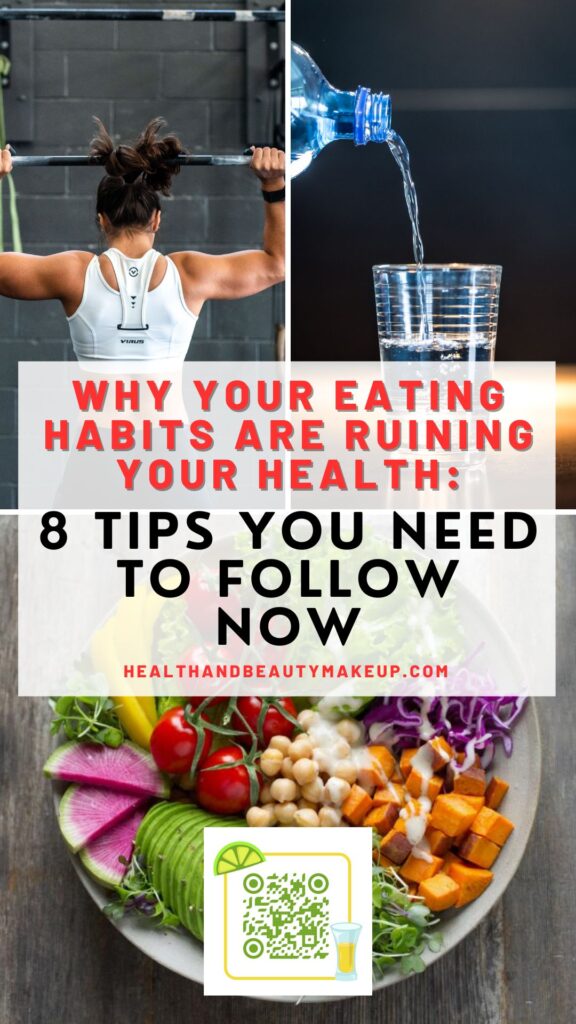Why Your Eating Habits Are Ruining Your Health: 8 Tips You Need to Follow Now
Over consumption can lead to weight gain, as excess energy is stored as fat, while insufficient intake results in weight loss. Vital to remember is the importance of consuming a diverse array of foods to guarantee a well-rounded nutritional intake essential for optimal bodily functions.
Men are advised to consume around 2,500 calories per day, while women should aim for approximately 2,000 calories daily. Nevertheless, statistics reveal that the majority of adults in the UK exceed their daily caloric requirements and would benefit from consuming fewer calories.
Want to eat healthier and feel better? Here are eight essential tips to help you make smarter food choices and improve your overall well-being.
1. Prioritize High-Fiber Starchy Carbohydrates
Starchy carbs should make up over a third of your diet. Opt for high-fiber or wholegrain options like wholewheat pasta, brown rice, and potatoes with skins. These choices keep you full longer and provide essential nutrients. Beware of added fats like oil and butter, which can increase calorie content.
2. Pack in the Fruits and Veggies
Aim for at least five portions of fruits and vegetables daily. Fresh, frozen, canned, dried, or juiced – they all count! Simple swaps, like adding a banana to your cereal or choosing a piece of fruit for a snack, can help you hit this goal. Remember, a small glass (150ml) of juice or smoothie is enough for one portion due to its high sugar content.
3. Eat More Fish, Especially Oily Fish
Fish is a powerhouse of protein and vital nutrients. Include at least two portions of fish weekly, with one being oily fish like salmon or mackerel. Oily fish are rich in omega-3 fats, which are beneficial for heart health. Mix it up with fresh, frozen, or canned fish, but watch out for high salt content in some options.
4. Cut Down on Saturated Fat and Sugar
- Saturated Fat: Limit your intake to reduce cholesterol and heart disease risk. Men should aim for no more than 30g a day, and women no more than 20g. Choose lean meats and foods rich in unsaturated fats like vegetable oils, avocados, and oily fish.
- Sugar: Excessive sugar leads to weight gain and tooth decay. Check food labels and aim for less than 22.5g of sugar per 100g. Avoid sugary drinks, cereals, sweets, and pastries.
5. Reduce Salt Intake: No More Than 6g a Day
Too much salt can raise blood pressure, increasing heart disease and stroke risk. Most salt is hidden in processed foods like bread, cereals, and sauces. Use food labels to track your intake and aim for foods with less than 1.5g of salt per 100g.
6. Stay Active and Maintain a Healthy Weight
Regular exercise complements a healthy diet, reducing the risk of serious health issues. Most adults need to lose weight by eating fewer calories. Combine healthier eating with physical activity to achieve and maintain a healthy weight. Use tools like the BMI calculator to check your status.
7. Stay Hydrated
Drink 6 to 8 glasses of fluid daily to avoid dehydration. Water, lower-fat milk, and low-sugar drinks are the best choices. Limit fruit juice and smoothies to 150ml per day due to their high sugar content. Increase fluid intake in hot weather or during exercise.
8. Don’t Skip Breakfast
Skipping breakfast won’t help you lose weight. Instead, start your day with a nutritious meal that’s high in fiber and low in fat, sugar, and salt. Try wholegrain cereals with semi-skimmed milk and fresh fruit for a balanced breakfast.
By following these eight practical tips, you can make significant improvements to your diet and overall health.










